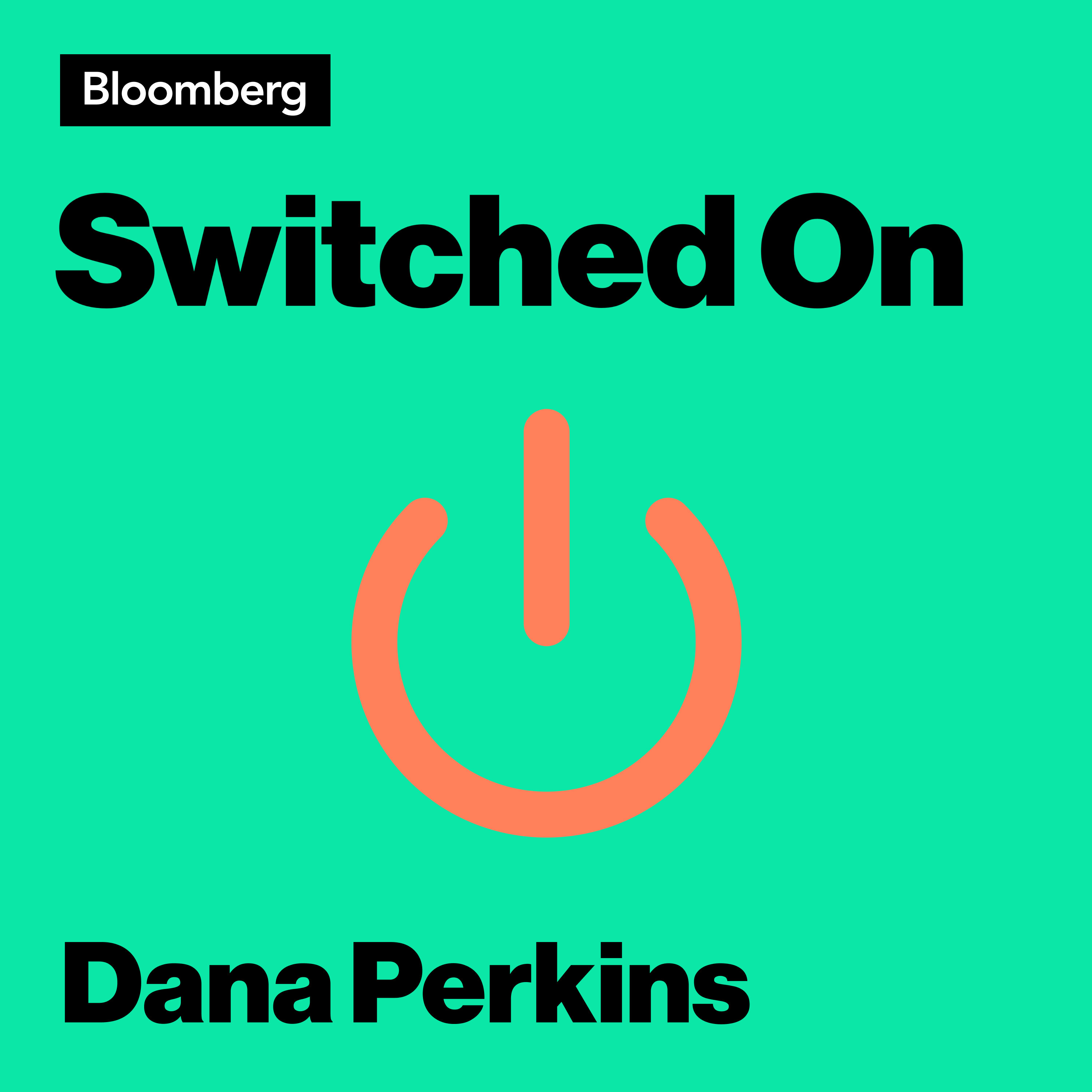Methanol Sets Sail as EU Targets Shipping Emissions
Description
Seaborne freight is the lifeblood of the global economy. It’s also a heavy polluter. Now that shipping companies, retailers and governments are all looking to decarbonize the supply chain, what is the outlook for clean shipping fuels? In a broad field of competing options including ammonia, methane and LNG, which is the most viable?
On today’s show, Dana is joined by Mohith Velamala, a senior associate on BloombergNEF’s oil team. Together they discuss the maritime sector’s existing decarbonization targets and whether these can realistically be met, the stringent EU policies that are having a global impact, and the long-term outlook for fleet growth and its potential carbon footprint.
Complementary BNEF research on the trends driving the transition to a lower-carbon economy can be found at BNEF on the Bloomberg Terminal or on bnef.com
Links to research notes from this episode:
2024 Marine Fuel Outlook - https://www.bnef.com/insights/33189
See omnystudio.com/listener for privacy information.
More Episodes
As part of the Inflation Reduction Act, draft guidance for the US hydrogen production tax credit was introduced in December 2023, with the aim of promoting decarbonization in hard-to-abate sectors and enhancing energy security in the country. While some applauded the draft guidance for preventing...
Published 05/01/24
Published 05/01/24
Sustainable aviation fuel, or SAF, has the potential to help decarbonize aviation and is the most scalable technology for this hard-to-abate sector in the near term. With offtake agreements for SAF surging over the past two years, the nascent industry has been showing promise. However, hurdles...
Published 04/24/24


